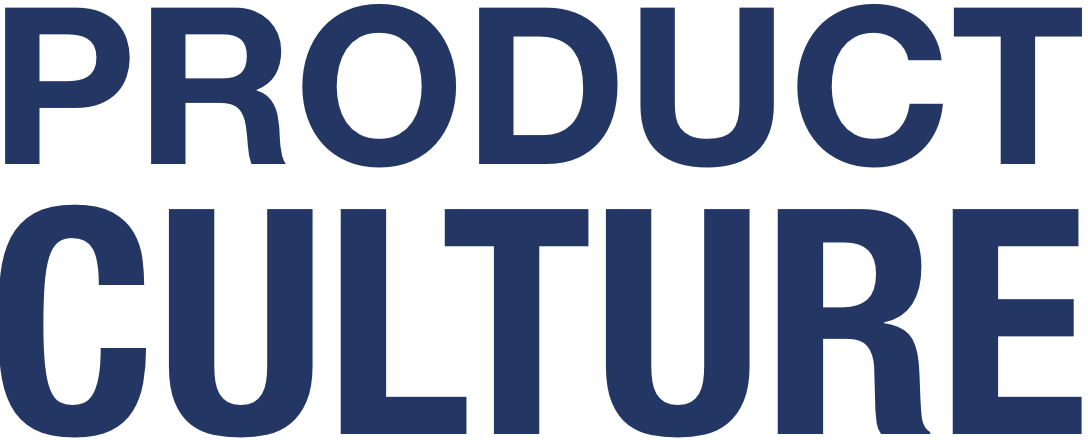OKRs are outcome-oriented and I’ve found that they work particularly well for product teams. There are, however, some cautions and updates from common practice required in a healthy product culture.
I take a controversial position on what to look for in hiring a product manager. I believe it is more important that you hire a good leader and communicator than a good technologist.
Am I one of those people who believes product managers are really just disguised marketing people, the kind who don’t really understand what they are selling? No.
But I do think that you can’t really understand market needs and craft a plan to meet them without the ability to listen, make decisions, and paint a picture of how people will benefit from your proposed solution. In my mind, these are the core aspects of leadership.
I profiled David Cancel in VentureFizz. Do you hate roadmaps as much as he does?
David Cancel, CEO of Drift, former Chief Product Officer at HubSpot, and serial entrepreneur hates product roadmaps. He says, “Either I’m going to disappoint you by giving you exactly what we thought six months ahead of time was the best solution when it’s not, or by changing course and having lied to you.” And yet David shares roadmap info with his key customers all the time. The trick, he says, is to focus on what he calls “themes” instead of features and dates.
But some customers are looking for what David calls "a paper promise." What to do?....
My friend Jason Scherschligt wrote one of my favorite product culture articles. Here's the money quote:
A project is an organizing construct for internal labor. A product is a thoughtful response to a human appetite. Customers aren’t delighted by your organizing construct. They don’t want your budget or timelines met. They want their problems solved, their needs satisfied, their lives improved....
Jason has tips on how to make this transition. Plus there are a bunch of pithy take-aways that should become mantras for product people, like “celebrate rather than bemoan a change in requirements: it means you know more."
In a lot of ways it was a terrific job. The pay was great, the benefits greater. I’d been promoted and I was gaining the respect of my peers in other departments. One conversation convinced me to leave, however, and join a company with a better culture -- a product culture.
Consistently successful organizations in the 21st century think and act differently than others. Big companies like Amazon and Google and upstarts like Zappos and Dollar Shave Club have adopted a modern set of operating principles that drive the way teams think and interact every day. These principles focus on continuously developing and delivering products of value to customers, and they have become known as product culture.







I’ve read and frequently recommend each of these books. Feel free to add your own comments or questions.
Naturally, there are some rules….
Books are arranged alphabetically within categories. These are all great books so I have not prioritized.
In each case, the link I’ve provided is to the format I liked best: Audible, Kindle, or paper.
For series I have chosen the first book or the best place to start if different.
Do you agree?